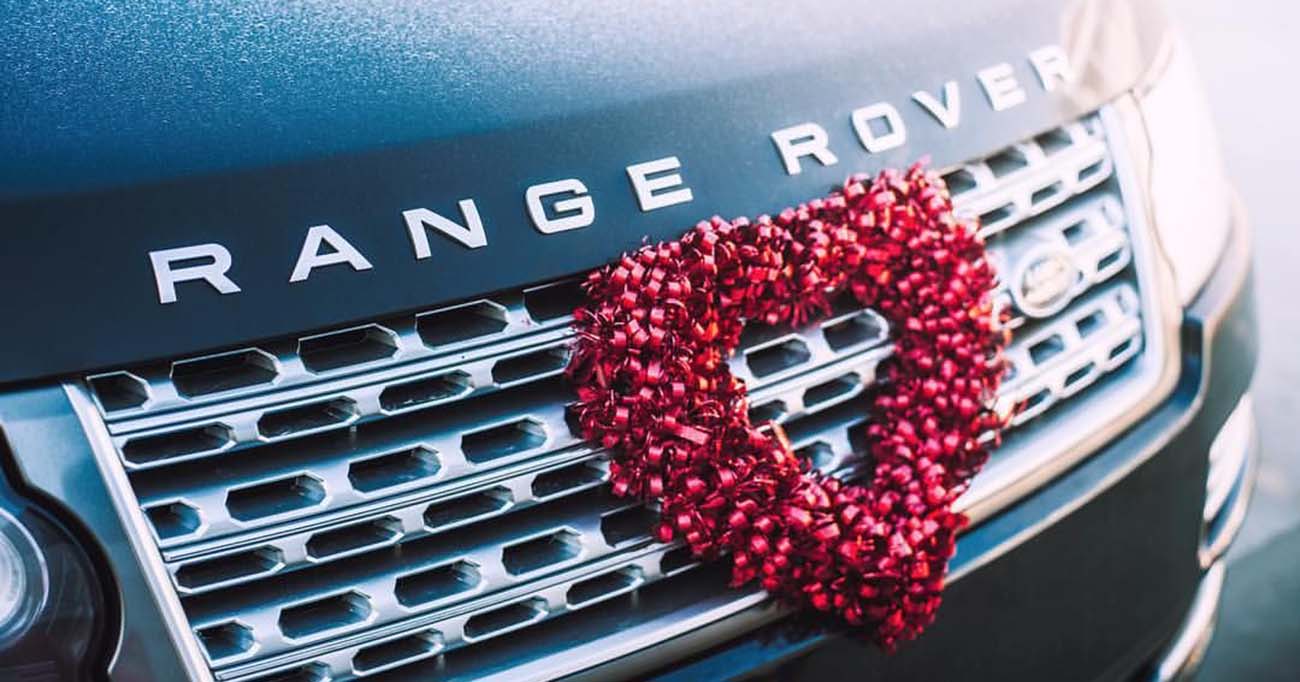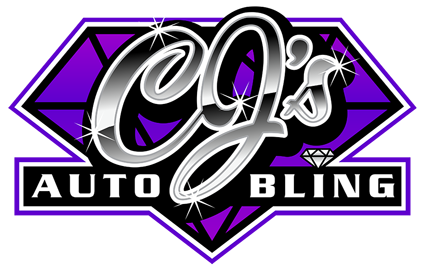
Show Your Car Some Love With a Ceramic Coating
In this article, we are going to break down the major points of ceramic coatings, and confront some of the marketing hype. For clarity’s sake, this article is mostly concerning Silicon Dioxide coatings (SiO2) which is the majority of what’s available on the market. The alternative is Silicon Carbide (SiC), which has different properties than coatings made of SiO2.
Ceramic coatings answered the prayers of motor-heads everywhere as a more durable and effective alternative to traditional waxes and sealants.
Why Do Ceramic Coatings Exist?
To really understand ceramic coatings, you need to understand automotive paint. Nearly all factory paint finishes are a 2-coat system, composed of a base coat and clear coat. The base coat/colour coat provides the pigment for your paint job. The clear coat’s job is to provide gloss, depth, and protection for the colour coat.
Factory clear coats are good at reducing UV fading and protecting the colour coat from mechanical damage. Factory clear coats are not good at repelling water or dirt, protecting against chemical damage, and are easy to scratch and swirl.
Before ceramic coatings came around, waxes and sealants were undisputedly the best way to protect your car’s paint. The problem with waxes and sealants is that they don’t prevent scratches or swirls, aren’t specifically chemically resistant, and they need to be reapplied every few weeks or months for ideal results.
Ceramic coatings answered the prayers of motor-heads everywhere as a more durable and effective alternative to traditional waxes and sealants.
What Are Ceramic Coatings?
A ceramic coating is a liquid composed of ceramic nano particles suspended in a clear resin. When the liquid is applied to a vehicle, the resin forms a chemical bond with the clear coat and hardens into a nearly impermeable shield.
Ceramic coatings are considered “semi-permanent” because they can only be removed by abrasion or specific chemical solvents. Once cured, high quality ceramic coatings offer extreme hydrophobicity, increased gloss, powerful chemical resistance, and enhanced UV protection.
The main ingredient in ceramic coatings, SiO2, is often added to other products such as automotive soaps, waterless car washes, and paint sealants. It’s important to note that these products are NOT “coatings”, and their effectiveness will only range from days to weeks. For a product to be called a “coating”, it must be resin based. Don’t let a tricky salesperson talk you into buying a sealant, if what you really want is a coating.
What Can You Actually Expect From Ceramic Coatings?
- “Scratch Resistance”
You will hear this one thrown around a lot. Ceramic coatings can’t protect your car from an angry driver deciding to key your ride in a parking lot. The coatings are so incredibly thin that they can still be scratched. Coatings will successfully prevent light abrasion, like swirl marks.
You might hear “9H Hardness”. This is simply referencing a measurement of the hardness of pencils, which ranges from 1 to 9. Most factory clear coats have a hardness of around 5. Keep in mind that most hard objects – including a set of keys, glass, and most rocks – will be harder than something rated “9H Hard”
- “Rock Chip Resistance”
Ceramic coatings can not protect against rock chips. Period. If a piece of road debris flung at 50 km/h can dent your bumper, it can probably chip a ceramic coating. The only real way to protect against rock chips is by using paint protection films (PPF). Fortunately, PPF and ceramic coatings can be used together so you can get the benefits of both.
- “Chemical Resistance”
Factory clear coats offer very little chemical resistance, whereas ceramic coatings will not allow any chemicals to penetrate through to your clear coat. Chemical resistance is one of the best and most popular reasons to invest in ceramic coatings.
Keep in mind, they aren’t invincible. If you decide to leave that acidic piece of bird dirt sit on your paint for a month, you won’t be happy when you finally clean it off, even if you do have a ceramic coating.
- “Self Healing”
This one is product specific. Some coatings are too hard and inflexible to offer any actual self healing properties. Some coatings require an application of direct heat for them to undergo any sort of self-healing, while high-end coatings such as Feynlab Self Heal Plus http://cjsautobling.com/feynlab-self-heal-plus-ceramic-coating-victoria/ only need to be parked in the sun for a few hours.
- “Manufacturer’s Warranty”
All ceramic coatings that we apply come with a warranty specified by the manufacturer. Here is a link to the Feynlab website, where you can find all the warranty information you’ll need that is specific to the product you are using.
TL;DR (Too Long; Didn’t Read)
Q: What is a Ceramic Coating?
A: They are the latest and greatest in automotive surface protection. Ceramic coatings are clear liquids that protect your car’s clear coat from harm.
Q: What do Ceramic Coatings Do?
A: They repel water and dirt, increase gloss, and resist abrasion and chemical resistance.
Q: What Can’t Ceramic Coatings Do?
A: They will not stop rock chips, they don’t replace proper maintenance, they do not last forever, and they don’t prevent dings or significant scratches.
Q: Are Ceramic Coatings Guarantied or Warrantied?
A: Yes, but only when you come to the experts at CJ’s Autobling.
Q:Are Ceramic Coatings for Everyone?
A: While everyone can benefit from ceramic coatings, we do not recommend them to everyone that comes by our shop. Ceramic coatings should be considered by people who are committed to proper auto maintenance, and want their cars to look stunning.
